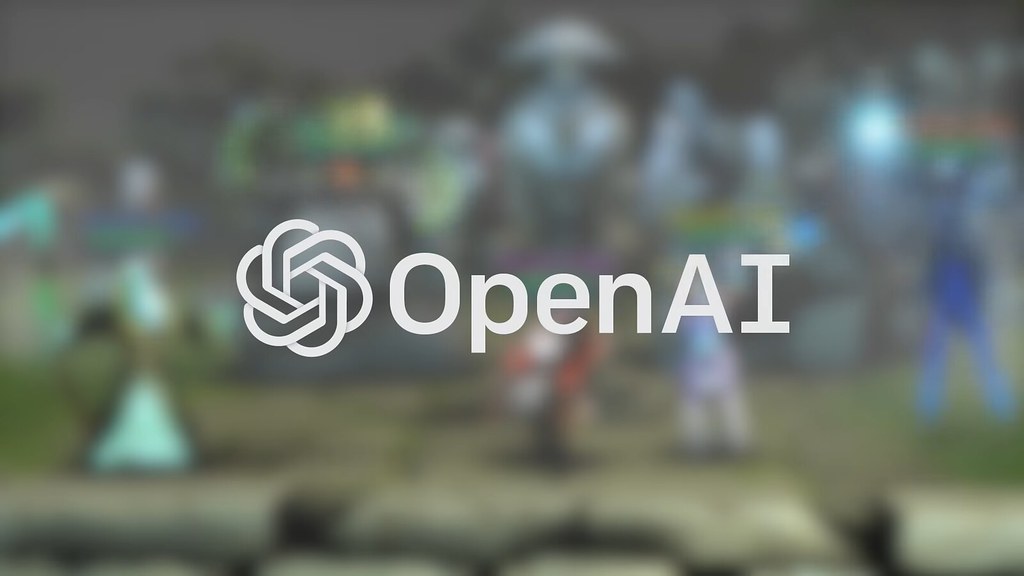OpenAI, at the forefront of AI development, has taken a proactive stance in addressing the challenges faced by educators when it comes to detecting AI-generated content, particularly in assignments and homework.
In a candid disclosure, the organization has conveyed a critical message to teachers: ChatGPT, their renowned AI chatbot, cannot reliably identify AI-generated content from human-generated content.

OpenAI’s stance on the matter is clear and unequivocal. They emphasize that no AI tool, including ChatGPT, possesses the infallible capability to differentiate between content created by AI and that crafted by humans. This clarification is essential as students increasingly turn to AI-powered tools to assist them in their academic pursuits.
In an effort to equip educators with guidance, OpenAI has outlined a series of measures to help identify instances of copied assignments. They propose the use of unique questions related to the content, evaluating the relevance and depth of understanding exhibited in the answers provided by students. It is incumbent upon educators to exercise discretion and remain mindful of potential biases in the information obtained through such methods.
OpenAI also underscores the importance of sharing interactions with the model. This practice not only ensures accountability on the part of students but also allows educators to gauge the responsible and meaningful use of AI tools. It is a testament to OpenAI’s commitment to fostering responsible AI usage, encouraging students to engage with ChatGPT as a supplementary resource rather than a shortcut to simply copy answers.
Notably, OpenAI has set age restrictions for ChatGPT users, requiring individuals to be at least 13 years old. For users falling within the age bracket of 13 to 18 years, parental or guardian permission is mandatory. These measures aim to strike a balance between the educational benefits of AI assistance and the need for responsible usage.
Conclusion
OpenAI’s candid disclosure about ChatGPT’s limitations in detecting AI-generated content serves as a valuable warning to educators. While AI tools can be beneficial in the learning process, OpenAI acknowledges that they are not foolproof. By offering guidelines for identifying copied assignments and promoting responsible AI usage, OpenAI demonstrates its dedication to enhancing the educational experience while upholding integrity and accountability. Educators and students alike must heed these guidelines to ensure the responsible and ethical incorporation of AI into the realm of education.

